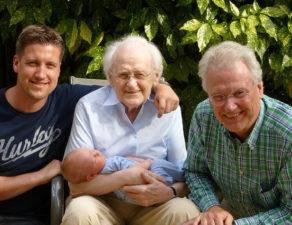Generally, in determining the Medicaid eligibility of a person receiving nursing facility services, any gifting of assets made by the applicant within the “look back period” will render the person ineligible for Medicaid for a period of time equal to the value of the gift divided by the regional rate. Under current law, the look back period is the five (5) year period prior to the date of application. A gift is defined as any transfer of assets for less than fair market value.
Many people do not realize that your everyday common gifts are captured by this widely cast net. For instance, paying for your grandchildren’s college education, assisting a financially troubled child, and contributions to your local church are all considered gifts for purposes of determining Medicaid eligibility for nursing home care. A common misconception is that you are allowed to gift $14,000.00 each year without incurring a penalty for Medicaid eligibility purposes. This is incorrect.
In 2017, the annual gift tax exclusion for federal gift tax purposes is $14,000.00. That means that you can open the phonebook and give everyone in the phonebook $14,000.00 this year without filing a gift tax return. However, federal tax law has nothing to do with Medicaid eligibility rules. If you are gifting $14,000.00 each year, those gifts will be evaluated for Medicaid eligibility purposes.
Given the economic environment, it has been increasingly common for me to encounter situations where gifts have been made by applicants to their children or grandchildren during the look back period which is giving rise to a more complicated Medicaid application process.










